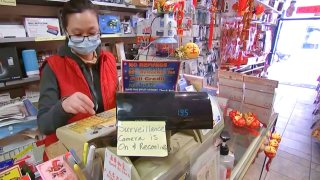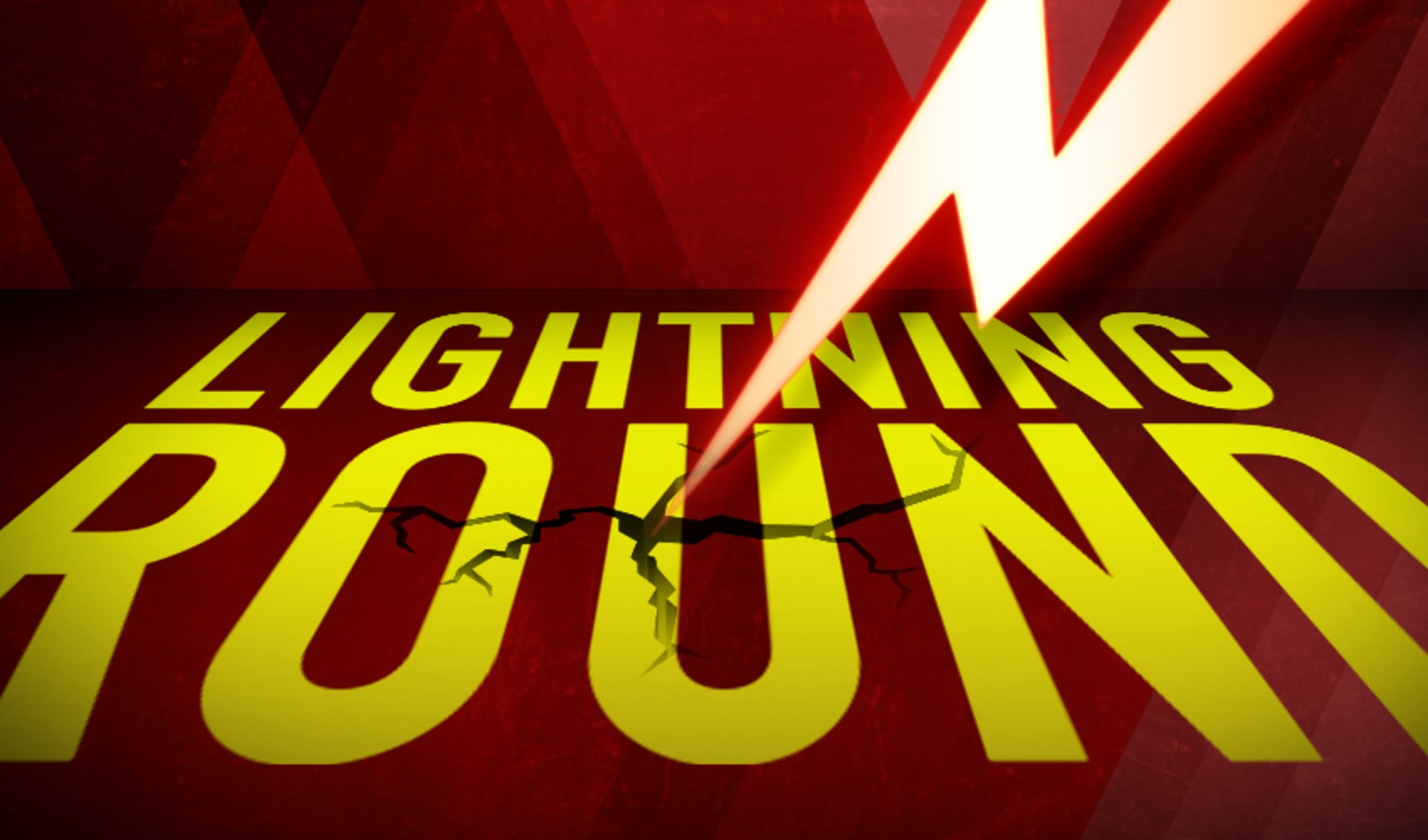
The Paycheck Protection Program has run out of money for most borrowers before its planned May 31 end, the Small Business Administration said.
Going forward, the program will only accept new applications from community financial institutions, which typically serve minority borrowers, as about $8 billion in funding was set aside for such businesses.
The SBA will continue to fund outstanding approved PPP applications from other lenders but won't accept any new applicants.
The exhaustion of funds, which was announced Tuesday, comes just weeks after the PPP was extended through the end of May to allow borrowers more time to apply for the forgivable loans. While many lenders and borrowers thought that the program would likely run out of money ahead of the May 31 deadline, the exact timing wasn't known.
Get South Florida local news, weather forecasts and entertainment stories to your inbox. Sign up for NBC South Florida newsletters.
"We did get caught off guard a little bit," said Sam Sidhu, vice chairman and chief operating officer at Customers Bank, a subsidiary of West Reading, Pennsylvania-based Customers Bancorp. The bank, which was processing about 20,000 PPP loans per week, still has thousands of borrowers who are now stuck in the pipeline, Sidhu said.
More from Invest in You:
You can still tap free money for college — here's how
How I learned about investing in stocks - and you can, too
College students get career experience as social media brand ambassadors
Other lenders also have backlogs awaiting SBA approval, and more applications they could have submitted.
Money Report
Chris Hurn, chief executive of Fountainhead Commercial Capital, a nonbank lender, said he has a backlog of more than 60,000 applications pending validation from the SBA, and nearly 35,000 more that could be submitted if the portal wasn't closed.
"Everybody's going to be waiting now to see what the SBA does, if anything," said Hurn.
One year of PPP
The PPP was established in March 2020 as part of the CARES Act in response to the coronavirus pandemic. Since its inception, the program has given more than $780 billion in forgivable loans to more than 10.7 million borrowers, according to the latest available data.
This year, Congress allocated about $292 billion to a new round of the program, allowing some businesses to apply for second-draw loans. In addition, the Biden administration this year relaxed certain rules for borrowers, changed the loan calculation formula for sole proprietors and gave the smallest businesses a priority application window.
The updated rules helped some borrowers who had been shut out of forgivable funding get loans, but also added to confusion and frustration for others who missed out on bigger loan amounts by just a few days. In addition, banks and borrowers also called on the SBA and Congress to make some of the rules retroactive to help more businesses as the U.S. economy opens back up.
Other relief available for small businesses
Even as vaccinations continue and the U.S. eases restrictions, small businesses are still struggling. There are other relief programs available through the SBA, including some that also give grants to businesses.
The SBA's Restaurant Revitalization Fund began accepting applications on Monday. The program was established in March as part of the $1.9 trillion stimulus package and was allocated $28.6 billion in funding. In the first 21 days, the SBA will only approve applications from small businesses owned by women, veterans or socially and economically disadvantaged people.
There are worries that the funding won't be enough to help all the businesses that still need support. In the first two days of the program, 186,200 restaurants, bars and other eligible businesses applied for funding, according to a White House report released Wednesday.
In April, the SBA also reopened applications for the Shuttered Venue Operators Grant Program, which has $16 billion in funding for theater owners and other live venue operators who had to close during the pandemic. The SBA will approve applications in tiers, addressing those with the most revenue loss first.
These programs are especially important for small businesses now that the PPP has been exhausted for most.
"We must ensure that existing programs like the Shuttered Venues Operators Grant, the Restaurant Revitalization Fund and other federal relief funds are distributed quickly and efficiently to reach the hardest-hit small businesses, particularly those in underserved areas," said John Arensmeyer, founder and CEO of advocacy group Small Business Majority, in a Wednesday statement.
He also said Congress or the SBA could decide to forgive some loans given through other programs, such as economic injury disaster loans for small businesses.
If you applied for a PPP loan but didn't receive approval before general funding ran out and would be willing to share your story, email carmen.reinicke@nbcuni.com.
SIGN UP: Money 101 is an 8-week learning course to financial freedom, delivered weekly to your inbox.
CHECK OUT: How to make money with creative side hustles, from people who earn thousands on sites like Etsy and Twitch via Grow with Acorns+CNBC.
Disclosure: NBCUniversal and Comcast Ventures are investors in Acorns.






